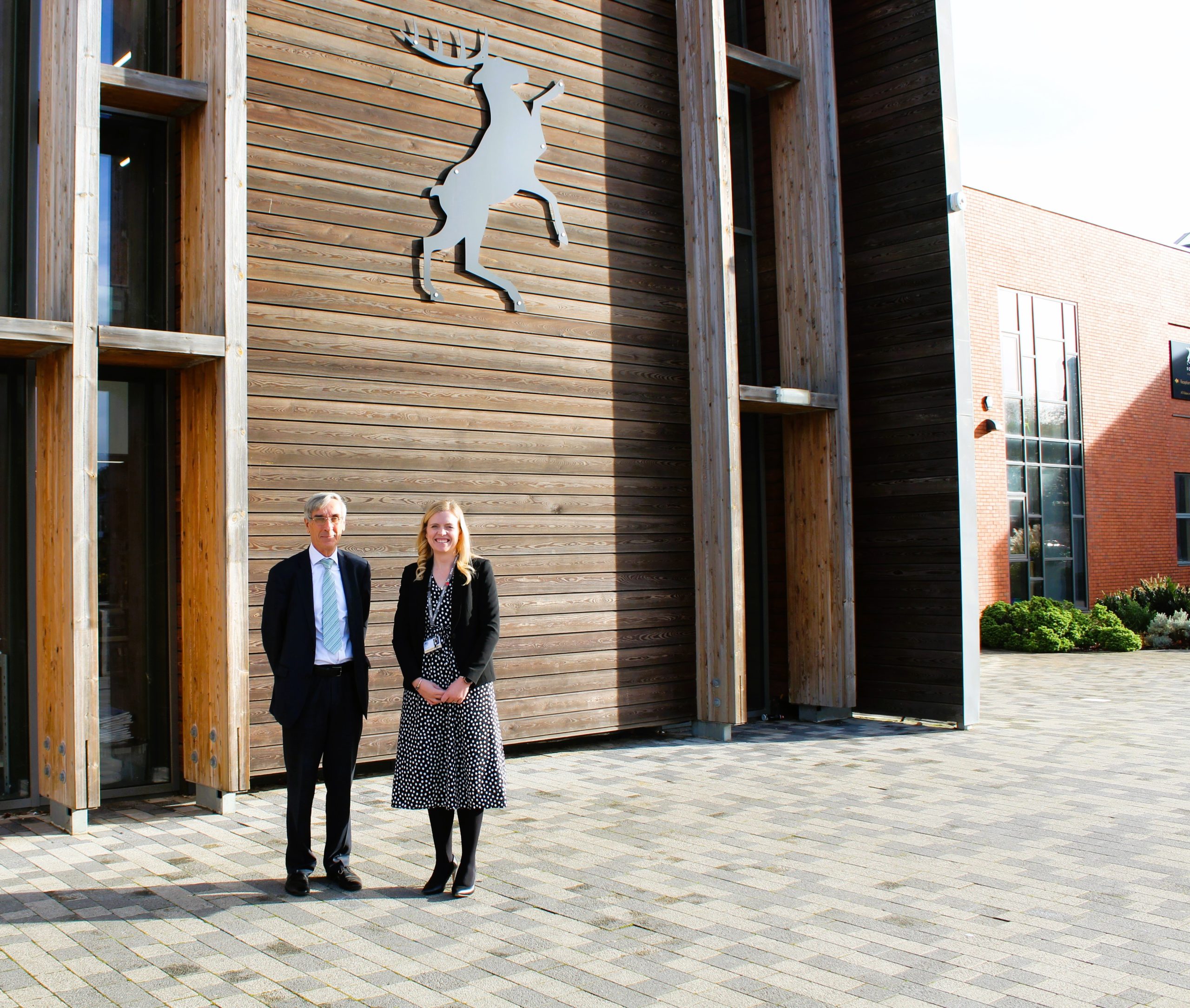Autumn Statement
Glad to see the government now start to cut taxes and set out their intent to bring them down more. I am also pleased that they wish to assist the self employed, the small businesses and the larger companies that can make major investments. As I have long argued you need tax cuts for growth and you need more capacity to make things and provide services at home. The balance of trade deficit remains too large and supply shortages help fuel the inflation Bank policy unleashed.
I raised the questions again with the Chancellor about the need to change IR 35 and raise the VAT threshold for small business. He responded more favourably to a question about reinstating VAT free shopping for foreign visitors now we are losing business to Milan and Paris from our imposition of it.
I am writing today in the Telegraph about the wildly swinging forecasts of the OBR. They have changed the forecast for GDP by 3% between March and October portraying now an economy that had grown and was above pre pandemic levels instead of an economy that was performing badly and had fallen in output. The OBR had to make major revisions to its March forecasts of migration numbers, interest rates, inflation and the deficit.It had been too pessimistic about the deficit by £20bn so far this year. It had expected lower interest rates and lower inflation than we experienced.
These wrong and fluctuating forecasts make economic policy making difficult.The idea of headroom for tax cuts is based on wrong numbers. They never discuss headroom for spending rises where there have been many.
